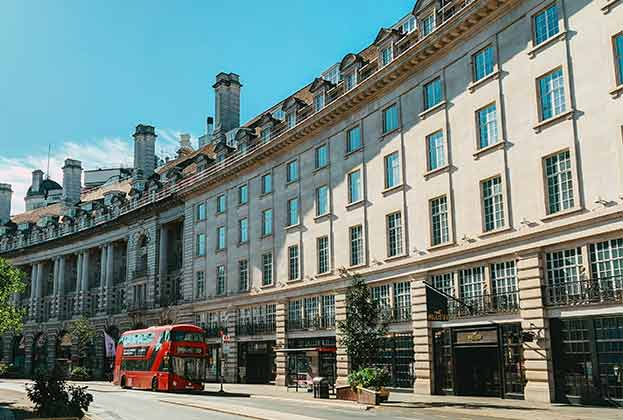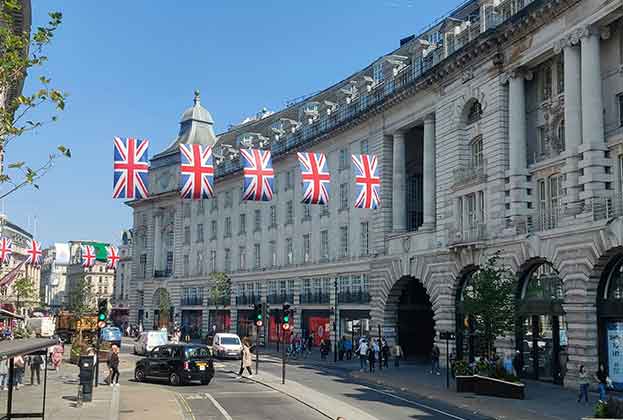European investors were the most active non-domestic investor groups London in H1 2020, superseding investment activity by AsiaPac investors for the first time since 2011.
In March, Union Investment bought a 50 per cent share (taking its ownership to 100 per cent) of Watermark Place, also in the City and later acquired 55 Ludgate, a recently refurbished 10,000 sq m office and retail property in June. La Française Real Estate Partners International, meanwhile, acquired 90 Bartholomew Close, a newly built office and retail property, for £48.5 million in April and then quickly followed this with the acquisition of an 1,022 sq m office asset at 17-18 Haywards Place in July.
In previous years, Asia Pac investors dominated the headlines, buying London’s prime commercial property. While these investors, forced by travel limitations brought about by Covid-19, continue to monitor the market from afar, European institutional investors, many of whom turned their focus away from London following the EU referendum, are showing renewed interest.
There are a number of factors behind this.
As institutional investors face growing pressure to rebalance their portfolios having built up large weightings towards France and Germany, for many, London is regarded as the only credible option to diversify geographies. Not only does it offer proximity to their home markets relative to other global gateway cities, London’s real estate market is one many of these investors have vast experience operating in and a comprehensive understanding of, with teams on the ground already established. In times of uncertainty, this familiarity is key.
The perceived risk felt by many European institutions around investing in London due to Brexit has eased to an extent. While there remains uncertainty around how Brexit negotiations will play out – we are by no means out of the woods – Covid-19 has acted as a leveller across many aspects of the property investment landscape. Brexit is no longer viewed as the greatest threat to income security and as a result central London’s constricted office market and conservative development pipeline look attractive.
London also continues to offer comparative good value with prime yields on city centre office assets with strong covenants at 4 per cent compared with 2-3 per cent for similar assets in Frankfurt, Munich and Paris.
Finally, Low interest rates globally see real estate providing relative strong returns, driving more money seeking yield into European property retail funds and pension vehicles to be re-allocated. With European institutional investors under pressure to spend before the end of the year, competition for the few sales to be launched in London appears to be maintaining pre-Covid pricing.
Further information
More competition from European investors for commercial real estate to come


.jpg)



.jpg)
.jpg)
.jpg)

